Tips For Laryngitis: Regain your voice when you have la...
Your voice is euphonious! Do not let laryngitis...
Read more...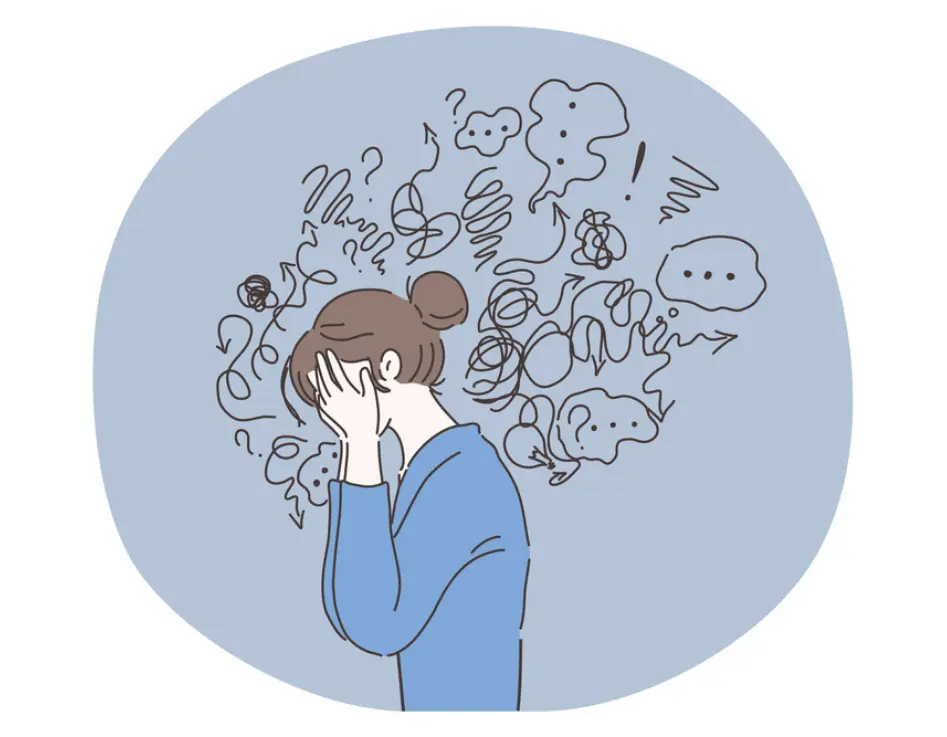
In Ayurveda, anxiety is often referred to as “Chittodvega” or “Manasika Vikara”. The concept of Chittodvega denotes disturbances in the mind (Chitta), while Manasika Vikara broadly comprehends mental disorders or abnormalities. From an Ayurvedic perspective, anxiety is an imbalance in the Vata dosha, where Vata is the “air” principle that governs the nervous system and mental functions of the body. This imbalance may originate from various factors, such as irregular daily routines, poor dietary habits, insufficient sleep, and emotional stress. And in no time, this problem can become more severe if left untreated.
People often hesitate to share their emotions with anyone which can adversely affect their mind to a great extent. This leads to a situation where a person doesn’t hold on to control of their emotions.
...
Anxiety treatment in Ayurveda is thought to be beneficial because it offers a natural method of addressing the fundamental reason for the imbalances that cause anxiety. Therefore, the Ayurvedic treatment for anxiety disorder from Dr. Sharda Ayurveda will surely provide positive and effective results by following a natural and holistic approach. The treatment helps stabilise mental health by prescribing natural medications and by adopting a healthy lifestyle.
There are 4 major types of anxiety
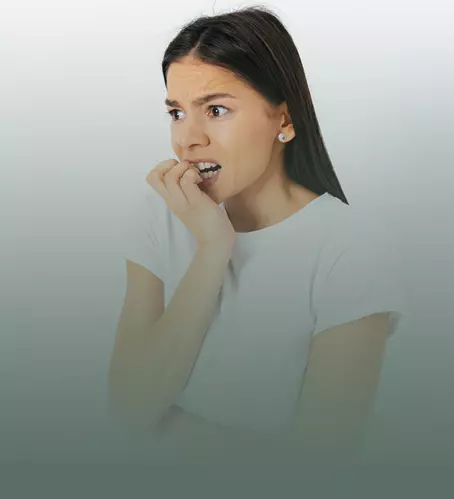
This prevalent mental health disorder is defined by excessive and ongoing worry or anxiety about numerous aspects of life, frequently without a clear cause or triggering event.

Individuals with panic disorder have recurring and unexpected panic attacks, which are sudden episodes of intense fear or discomfort.
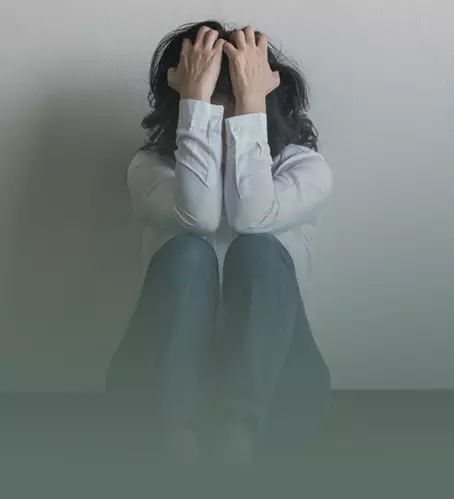
SAD or social phobia includes intense social anxiety and excessive self-consciousness about being judged by people continuously.

An extreme fear of a particular thing, situation, or action is a hallmark of this kind of anxiety disorder. Common examples include fear of flying, heights, speed, etc.
Get a free Assessment Report
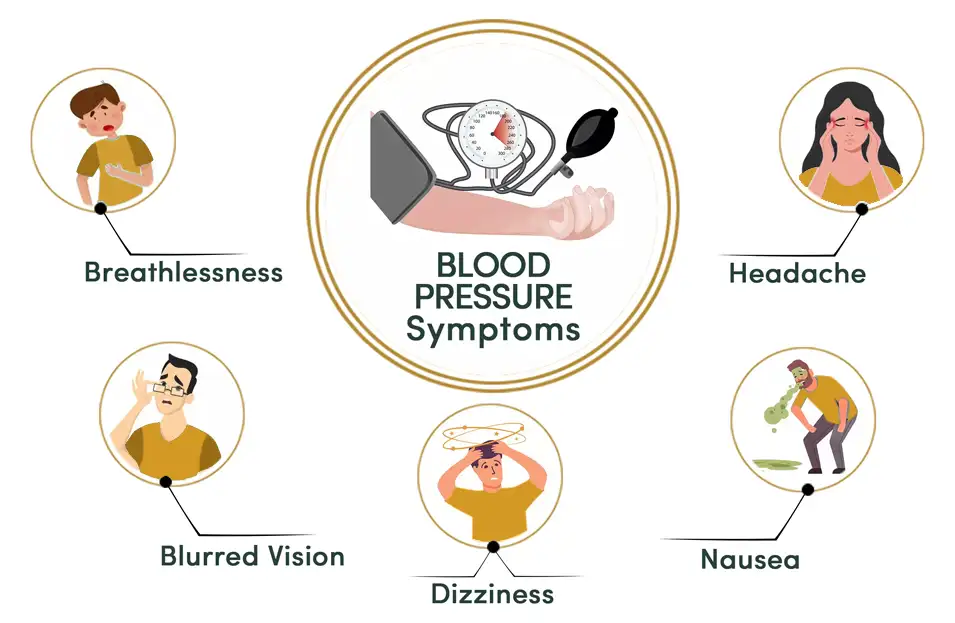
Ayurvedic treatment for anxiety disorders involves focusing on balancing the mind and body. Through personalised lifestyle adjustments, dietary changes, and herbal remedies, Ayurveda aims to harmonise the doshas (Vata, Pitta, and Kapha) to alleviate anxiety symptoms.
Ayurvedic treatment for anxiety and stress includes a few major points which are discussed below:

Anxiety Patient
After observing symptoms including sleepless nights, and inability to concentrate I without wasting time consulted various doctors to resolve the issue but none of the treatments provided satisfactory results. Then, as per a suggestion from a friend decided to visit Dr. Sharda Ayurveda. There the expert guided me well about the whole treatment which includes intake of herbal medications along with strictly following a healthy diet and lifestyle. The treatment showed marvelous results and within just 4 months I am fully recovered from the problem. I am thankful to Dr. Sharda Ayurveda for their effective treatment and highly recommend everyone to visit their clinic if suffering from a similar problem..
Blog Posts about the disease and their Ayurvedic treatments

Your voice is euphonious! Do not let laryngitis...
Read more...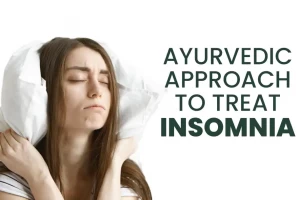
Insomnia refers to a sleeping disorder. A perso...
Read more...
Sadness is normal. Prolonged sadness is not. De...
Read more...